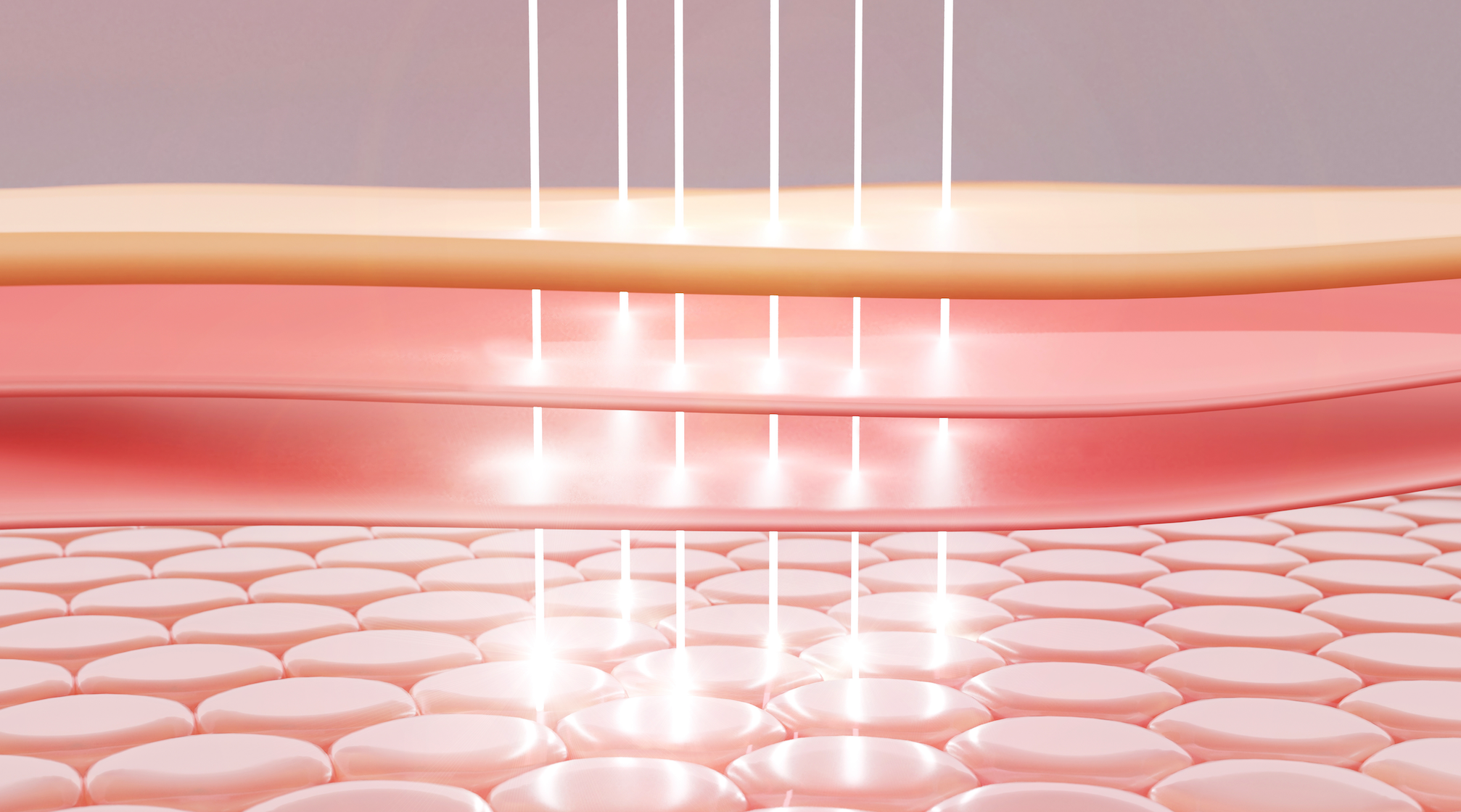Most of us don’t pay much attention to the largest organ in our bodies: our skin. It’s one of our most important features, and we really only think about it when we get into the shower or go to the beach. However, there’s much more to our skin than we give it credit for. In this blog, we’re going to look at how to protect your skin and answer a couple of questions: what are the 3 layers of skin and what does each skin layer do?
What Are The 3 Layers Of Skin?
Layer #1: The Epidermis
This is the outermost layer of skin that we’re all familiar with. While this layer is the thinnest, it’s also home to the most cells. The outermost layer of cells in this layer slough off daily to help protect the underlying layers of the skin. This is where the skin barrier is – a critical barrier of oils, physical structure, and dead skin cells that prevents moisture and nutrients from leaving the skin.
Layer #2: The Dermis
This layer, directly underneath the epidermis, is home to sweat glands, hair follicles, nerve endings, capillaries, oil glands, and more. This layer is also where the critical skin components elastin and collagen live.
Layer #3: The Hypodermis
The hypodermis is the last layer of skin before we reach other tissues like muscle and bone. This layer is mainly made up of fat and blood vessels. This is also where connective tissues hold the skin onto your muscles and bones.
What Does Each Skin Layer Do?
As we’ve already touched on briefly, the skin’s different layers all have different jobs in the body. The epidermis, as we mentioned, is important in the protection of the underlying layers. It helps hold in moisture and provides important cushioning for nerve endings. This layer also protects us from infection and disease by having a strong immune defense system.
The dermis is responsible for the production of oils, sweat, elastin, and collagen. This is also where the sensitive nerve endings for pressure, heat, cold, and pain registering are located. Fun fact: this layer is where tattoo ink ends up!
The final layer, the hypodermis, is basically a connection to other tissues and fatty tissue responsible for regulating the skin’s temperature.
How To Protect Your Skin & Take Care Of It
Obviously, skin is incredibly important to our bodies. It’s our first line of defense against pathogens, the elements, and the sun’s radiation. It makes sense, then, that we’d want to take care of it as well as we can. Here are a few tips on how to protect your skin so it will last you a lifetime:
- Keep your skin hydrated: drink plenty of water.
- Keep your skin moisturized: in addition to a daily moisturizer, use lotions and creams when necessary.
- Stay out of the sun if you don’t need to be there.
- Use sunscreen when you have to be in the sun.
- Eat a healthy diet with plenty of vitamins and minerals.
- Don’t expose your skin to extreme temperatures.
- Use gentle facial products like our Anti-Pollution Facial Cleanser
- Repair any skin damage right away with products like our Skin Recovery Cream





















Leave a comment